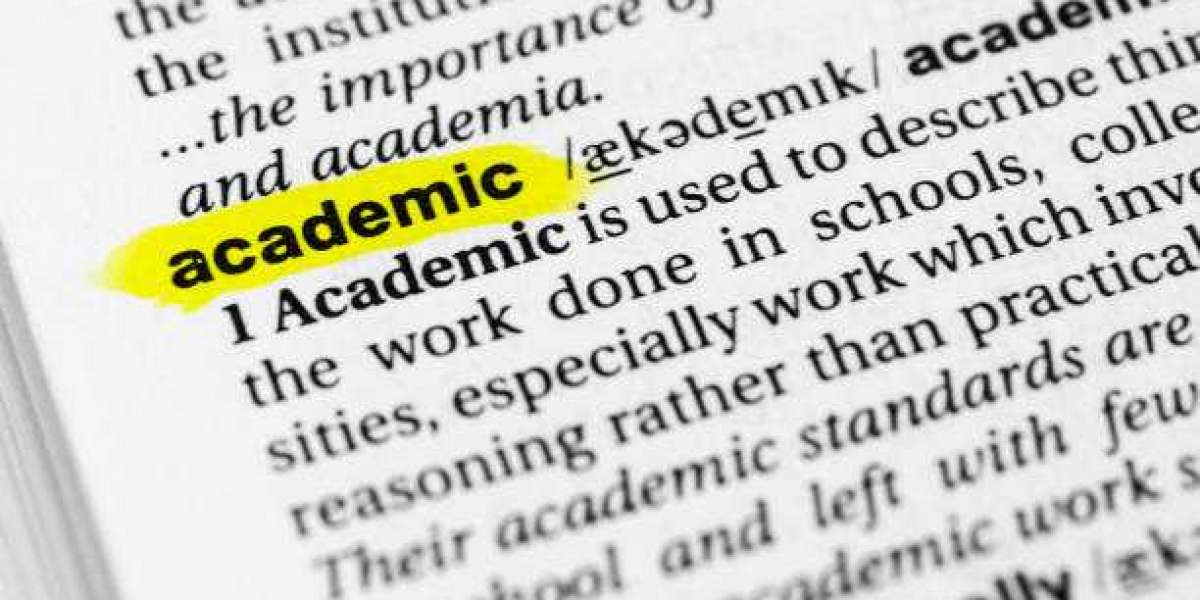Understanding Self Plagiarism in Academic Writing
Academic integrity is the foundation of credible scholarship, and plagiarism is widely recognized as a serious ethical breach. However, there’s a lesser known form called self plagiarism that often confuses students and researchers alike. Self plagiarism occurs when an author reuses their previously submitted work, such as essays, reports, or published articles, without proper acknowledgment. Even though the ideas are originally yours, presenting them as new or original in a different context can be misleading and is considered unethical in academic circles.
Self plagiarism can take various forms, from reusing parts of a prior essay to submitting the same research findings in multiple courses. While it may seem harmless, educational institutions and journals treat it seriously, as it undermines the principles of originality, transparency, and fairness in academic evaluation.
Types of Self Plagiarism
Self plagiarism is not limited to a single action. Understanding the types can help students avoid unintentional breaches.
1. Duplicate Submission
This occurs when the same paper is submitted for credit in more than one course without disclosure. For instance, if you submit your history essay for two different classes without permission, this constitutes self plagiarism. Many universities have strict policies regarding duplicate submissions and may impose academic penalties.
2. Recycling Portions of Previous Work
Using sections of your previous essays or research papers without citation is another form. Even reusing small parts, like paragraphs, tables, or figures, without acknowledgment, counts as self plagiarism. Proper paraphrasing or citing your past work can prevent this.
3. Republishing Research Findings
In scholarly publishing, presenting the same research findings in multiple journals without disclosure is considered self plagiarism. Academic journals expect transparency, and duplicate publication can damage a researcher’s credibility and lead to retraction of articles.
Why Self Plagiarism Matters
Although some may assume that reusing your work is harmless, self plagiarism carries significant consequences in academic and professional settings.
Academic Consequences
Universities take self plagiarism seriously. Penalties can range from failing the assignment to suspension or expulsion in severe cases. Academic boards often use plagiarism detection software to identify repeated work, making it essential for students to understand and avoid these practices.
Ethical Implications
Ethically, presenting your previous work as new misleads your instructor, peers, and potentially the wider academic community. Originality is a core value in research, and self plagiarism compromises that principle. Ethical writing requires transparency, even if the work originates from yourself.
Professional Repercussions
For researchers and academics, self plagiarism can damage reputations. Academic journals may reject submissions or retract articles if duplicate content is detected. This can affect future opportunities, collaborations, and professional credibility.
How to Avoid Self Plagiarism
Avoiding self plagiarism involves awareness, proper citation, and ethical writing practices. Here are practical strategies:
1. Cite Your Previous Work
If you need to reference a past assignment or research paper, cite it properly. Even if it’s your own work, acknowledging the source clarifies that the content is not newly created. This applies to essays, reports, or published studies.
2. Paraphrase and Summarize
Instead of copying sections verbatim, rephrase ideas in a new context or summarize key points. This demonstrates your ability to reinterpret and build upon your past knowledge without duplicating it directly.
3. Seek Permission When Necessary
In cases of duplicate submission for coursework, check with your instructor or academic advisor. Some institutions allow resubmission with approval or may provide guidelines on acceptable reuse of prior work.
4. Maintain Proper Documentation
Keep records of your past assignments, publications, and drafts. Clear documentation helps ensure you know which content is original and which has been previously submitted, reducing accidental self plagiarism.
5. Use Support Services Wisely
For students who struggle to differentiate between original and recycled work, professional help can provide guidance. Services like academia support essay writing service can assist in developing new, high quality content while ensuring ethical practices are followed.
Common Misconceptions About Self Plagiarism
Many students believe that since the work is their own, reusing it is acceptable. However, self plagiarism is defined by the misrepresentation of originality, not by ownership.
Some also assume self plagiarism only applies to text, but it can include figures, data, images, and even multimedia content. Any work presented as original without disclosure falls into this category.
Another misconception is that self plagiarism is only relevant for research publications. In fact, it is equally important in coursework, essays, and dissertations. Awareness is key to maintaining academic integrity across all forms of writing.
Key Takeaways
Definition: Self plagiarism occurs when previously submitted work is reused without acknowledgment.
Forms: It includes duplicate submission, recycling content, and republishing research findings.
Consequences: Penalties range from failing grades to damage to professional credibility.
Prevention: Proper citation, paraphrasing, seeking permissions, and ethical writing practices are essential.
By understanding self plagiarism and adopting responsible writing habits, students and researchers can maintain credibility, avoid ethical violations, and contribute meaningfully to the academic community. Ethical writing is not just about avoiding plagiarism; it’s about demonstrating respect for scholarship and integrity in all your work.
Self plagiarism is often overlooked but can have serious consequences for academic and professional growth. Awareness, careful planning, and ethical practices ensure that your work is always recognized as original, contributing to both personal development and the broader academic community.














